We owe them, our dear Queen Elizabeth and the late Prince Philip, a debt greater than they would ever claim and we shall ever know.
With the departure of that great and heroic Prince, Philip, we are reminded of how our ancient monarchy is now dedicated, as the Queen indicated when she attained her 21st year, to our service and the service of the great family to which we all belong, the Commonwealth.
While still at the heart of our several constitutions, the monarchy now provides that rare phenomenon, leadership beyond politics. This is not only in the United Kingdom but it is also present in the fiteen other fully independent realms across the world, the most venerable of which are Australia, Canada and New Zealand.
This unique model, Constitutional Monarchy Mark II, emerged following and indeed as a result of the War of Independence with the American colonies. It eventually ushered in that golden age, the Victorian era, with Queen Victoria and the Prince Consort Albert providing, to an extraordinary degree, leadership beyond politics, one that allowed the undertaking of leading reforms and innovation. This served to make the Crown’s signature theme a dedication to duty, the duty of serving the people and the nation.
The result is that the Crown is now constitutionally important not for the power it wields, but the power it denies others. This works superbly not only in the United Kingdom but also in the other realms where prime ministers and premiers know that in recommending viceregal appointments, they must choose such persons of quality that the Sovereign will never be embarrassed and where their allegiance is to none other than the Sovereign and thus to the people and never — never — to the person making the recommendation or to their party.
Informed Americans understandably often express regret that they lack a constitutional institution which can similarly offer that rare quality, constitutional leadership beyond politics.
This was the institution into which Elizabeth and Philip came when her beloved father, George VI died prematurely, throwing the Commonwealth into grief.
Seen regularly on television, they would become well-known to their people in a way inconceivable to previous generations. To update the venerable Bagehot, the monarchy is now a government in which the attention of the nation is on a Sovereign, her Consort and a royal family doing interesting things, while in a republic attention is divided between a vast number of politicians who are almost all doing uninteresting things.
The royal family has almost become, through the media, a modern but far better-behaved equivalent of the Greek Gods on Mount Olympus whose lives and persons depicted in art fascinated the Greeks. That interest in the royal family has in no way receded, even among self-declared republicans, most of whose republicanism is, frankly, bogus. So much so, that on the advent of a royal visit, I have often to warn monarchists that they should never risk standing between visiting royalty and republicans, especially the Sydney variety — otherwise they will be knocked over in the rush.
Now with the almost universal recognition that Prince Philip was an heroic consort who made a truly outstanding contribution to civilisation, it is surely time for those in the Australian political establishment and media to admit that their confected outrage over the 2015 knighthood for Prince Philip was, as this column pointed out at the time, a devious stratagem based on a melange of lies and untruths, all designed to soften the path of those plotting the Turnbull coup to overthrow Tony Abbott.
The most hurtful, indeed grossly insulting lie, was that Prince Philip had little connection with Australia. In fact, he risked his life for us and that for several years. As a young Greek prince, immediately on topping his class at the Royal Naval College Dartmouth he volunteered for the Royal Navy, protecting our convoys, being mentioned in despatches, serving with Aussies in battles and later protecting our shores while attached to on the Sydney- and Manus-based British Pacific Fleet. After his naval career was cut short, he did our bidding regularly over almost seven decades, visiting us well over thirty times and constantly drawing favourable international media attention to us.
‘So in love with the country,’ the Sunday Telegraph says, ‘there was a time (when) he would even fly himself to Australia.’ He made significant pioneering contributions to conservation and especially through his Duke of Edinburgh’s Awards, benefitted more than 800,000 young Australians and eight million world-wide. He surely fulfils the AK criteria, rendering ‘extraordinary and pre-eminent achievement and merit in service to Australia or to humanity at large’.
Another slur was that the Prince was gaffe-prone, racist and sexist. The truth is that when the Prince spoke to members of the public, some journalists went on auto-pilot. Asking what he said, they found this would invariably include a joke to put people at ease. They were rarely, if ever, offended by such banter. In fact, they fulfilled the Prince’s intention, they were put at ease. That did not restrain the more delinquent journalists from converting this into yet another headline-making gaffe. It was totally untrue, too, to claim that the knighthood was unprecedented either in Australia or across the world, that the award was only intended for Australians, that Prince Philip had taken a place meant for an Australian, or that the Australia Day of the award was made the worst in living memory.
Nor are knighthoods un-Australian; like the rule of law, they came with the settlement. Indeed a number of great Australians were honoured to accept this rank, including Sir John Monash, Dame Nellie Melba, Dame Joan Sutherland, Sir Donald Bradman and Sir Peter Cosgrove. (Mr Abbott should have offered all those in the top level of the Order of Australia an upgrade to a Knighthood, as the New Zealanders did.)
As Tony Abbott says, those who scoffed at the Prince’s humour or scorned the Crown he served, have to face the awkward reality that he was almost certainly a better man than any of us.
Got something to add? Join the discussion and comment below.
Get 10 issues for just $10
Subscribe to The Spectator Australia today for the next 10 magazine issues, plus full online access, for just $10.
You might disagree with half of it, but you’ll enjoy reading all of it. Try your first month for free, then just $2 a week for the remainder of your first year.

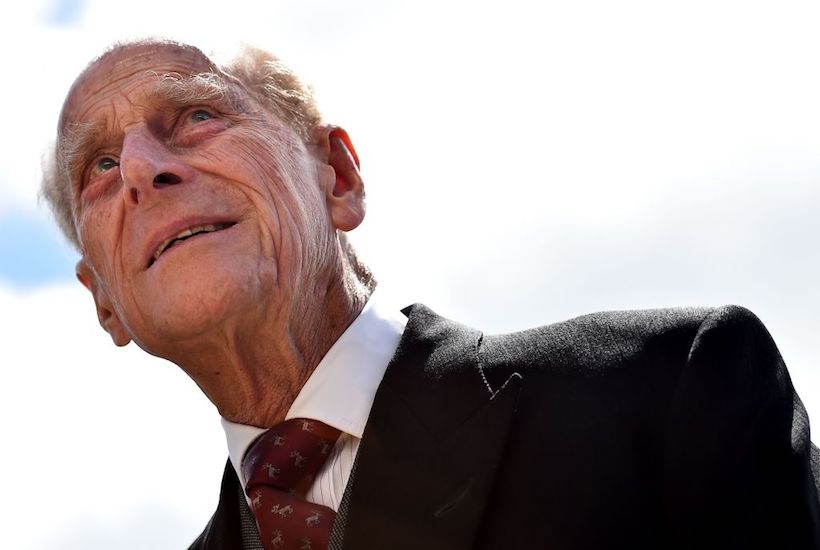
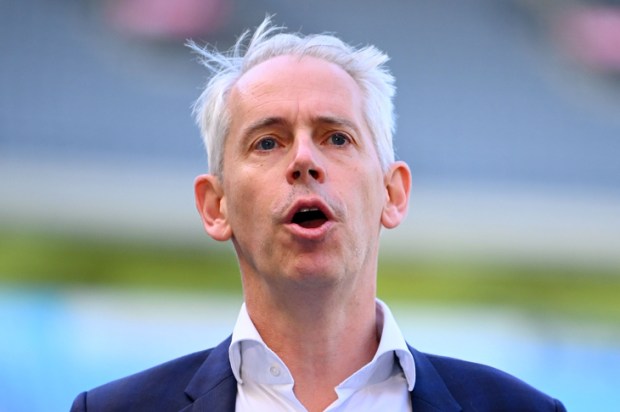
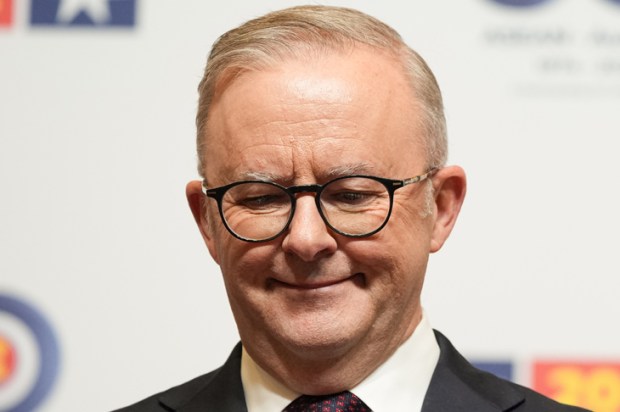
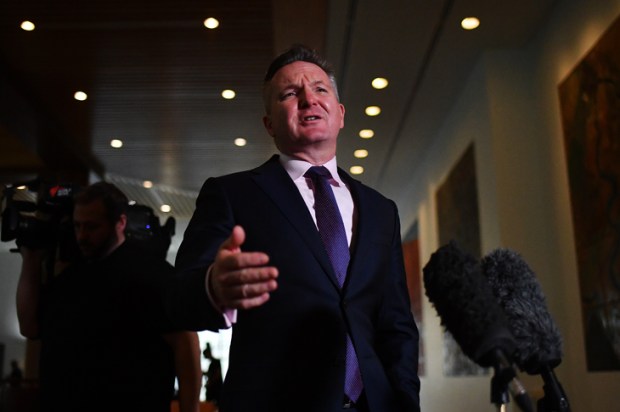
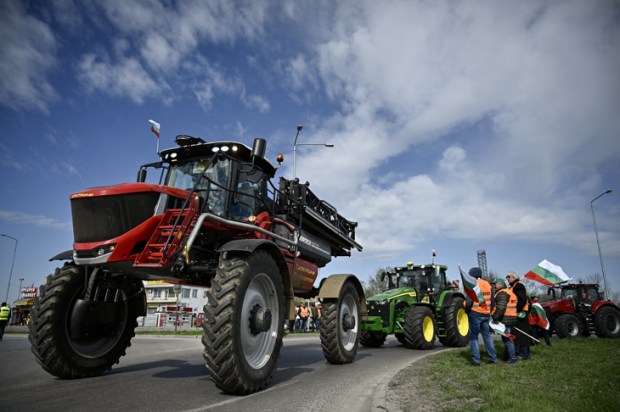
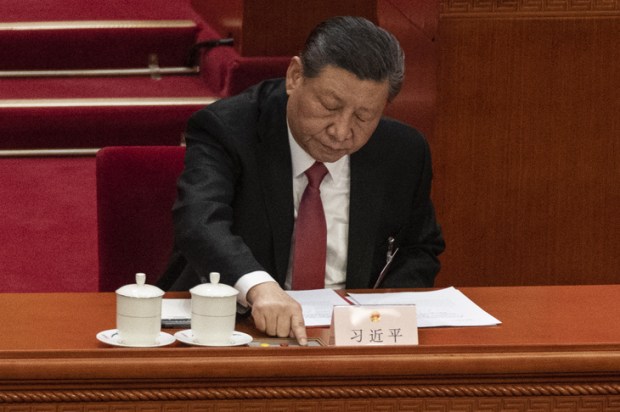
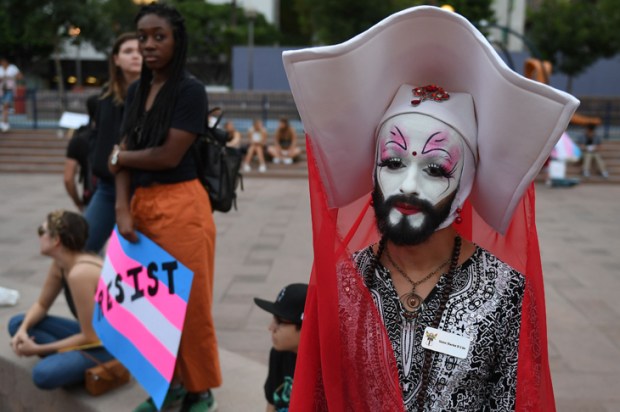






Comments
Don't miss out
Join the conversation with other Spectator Australia readers. Subscribe to leave a comment.
SUBSCRIBEAlready a subscriber? Log in